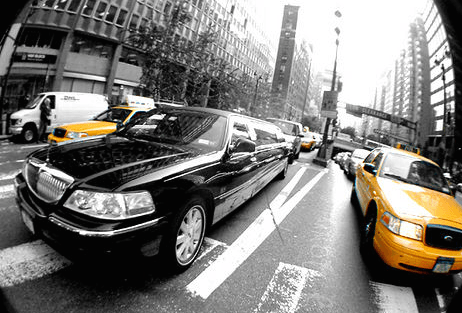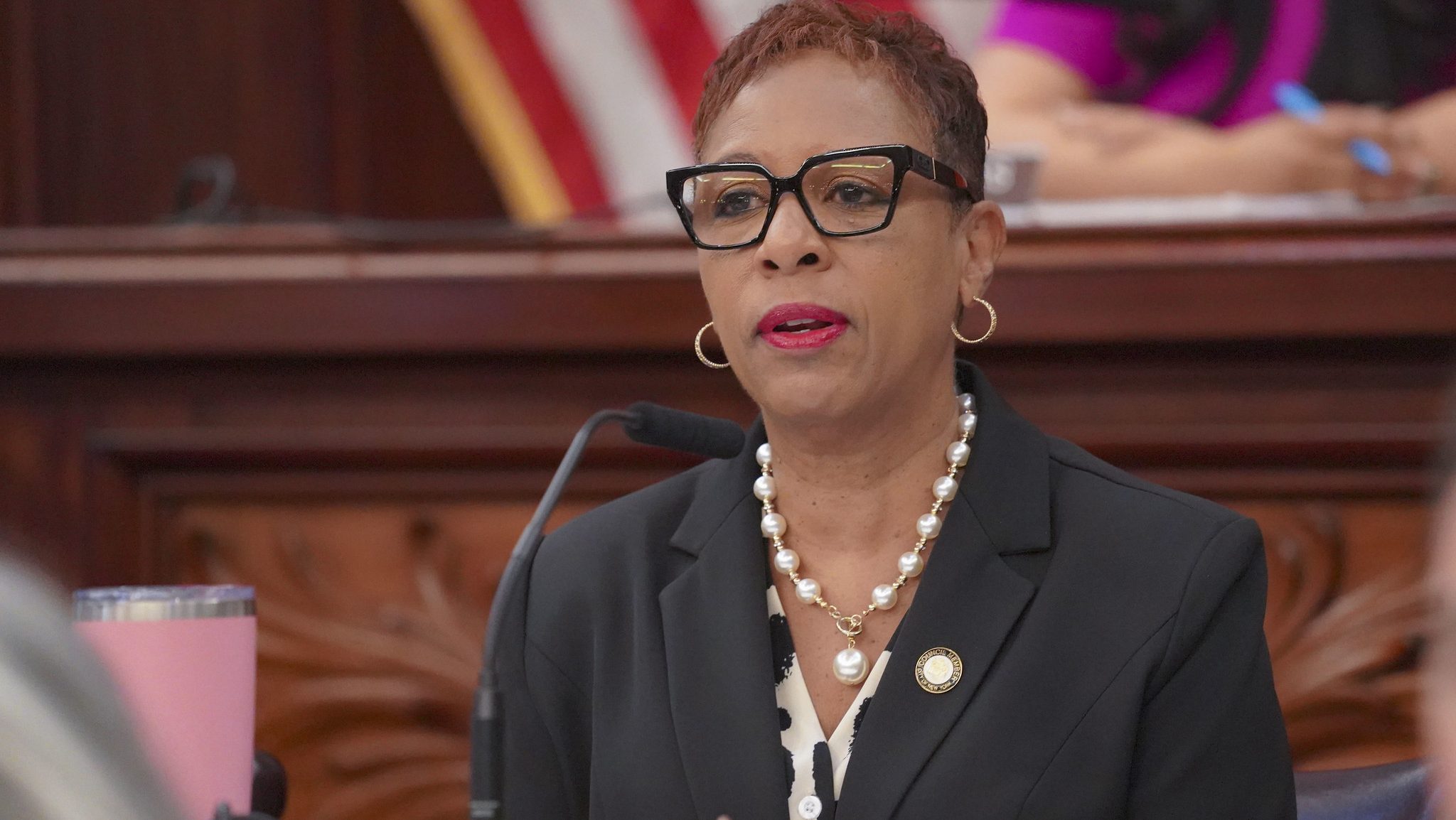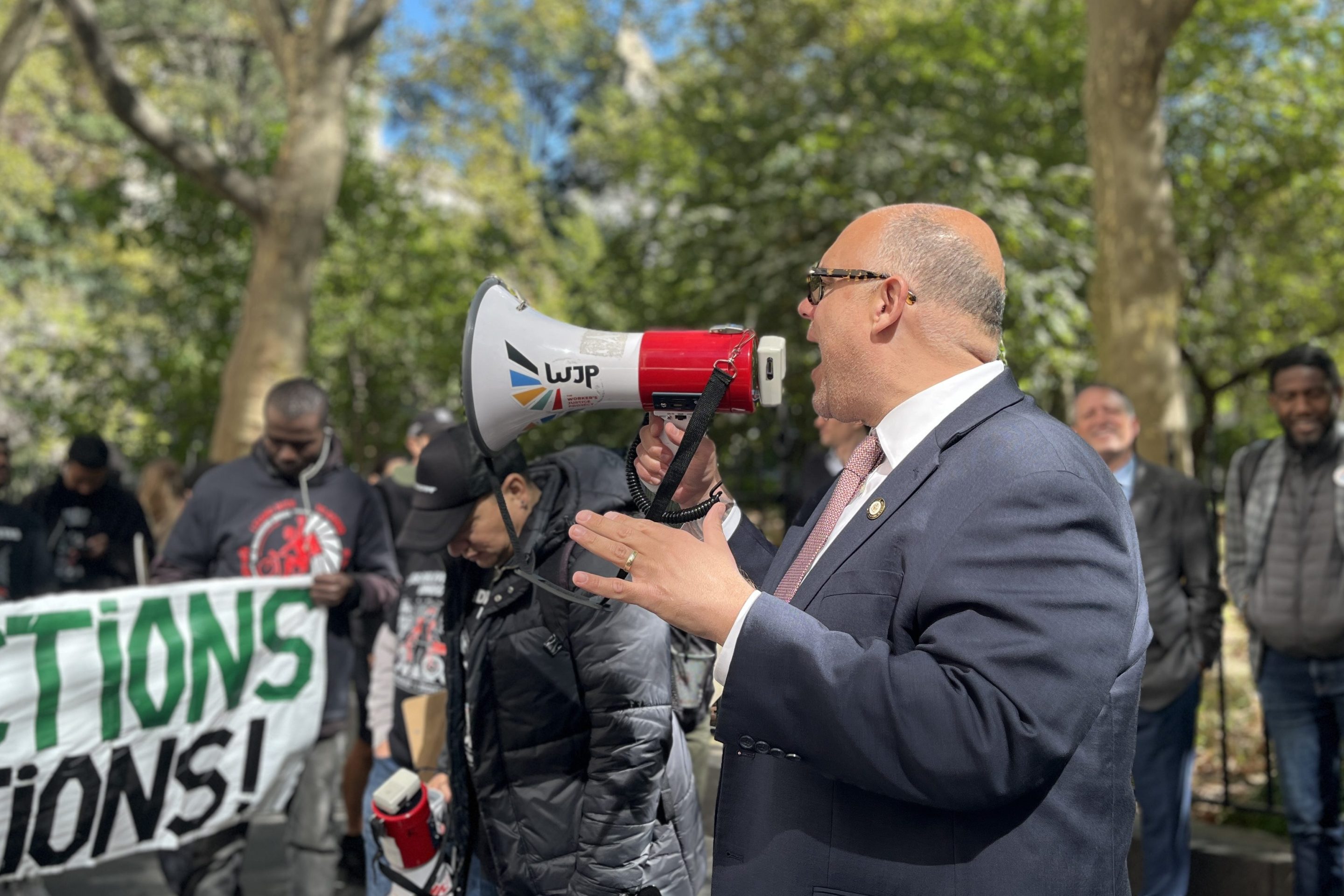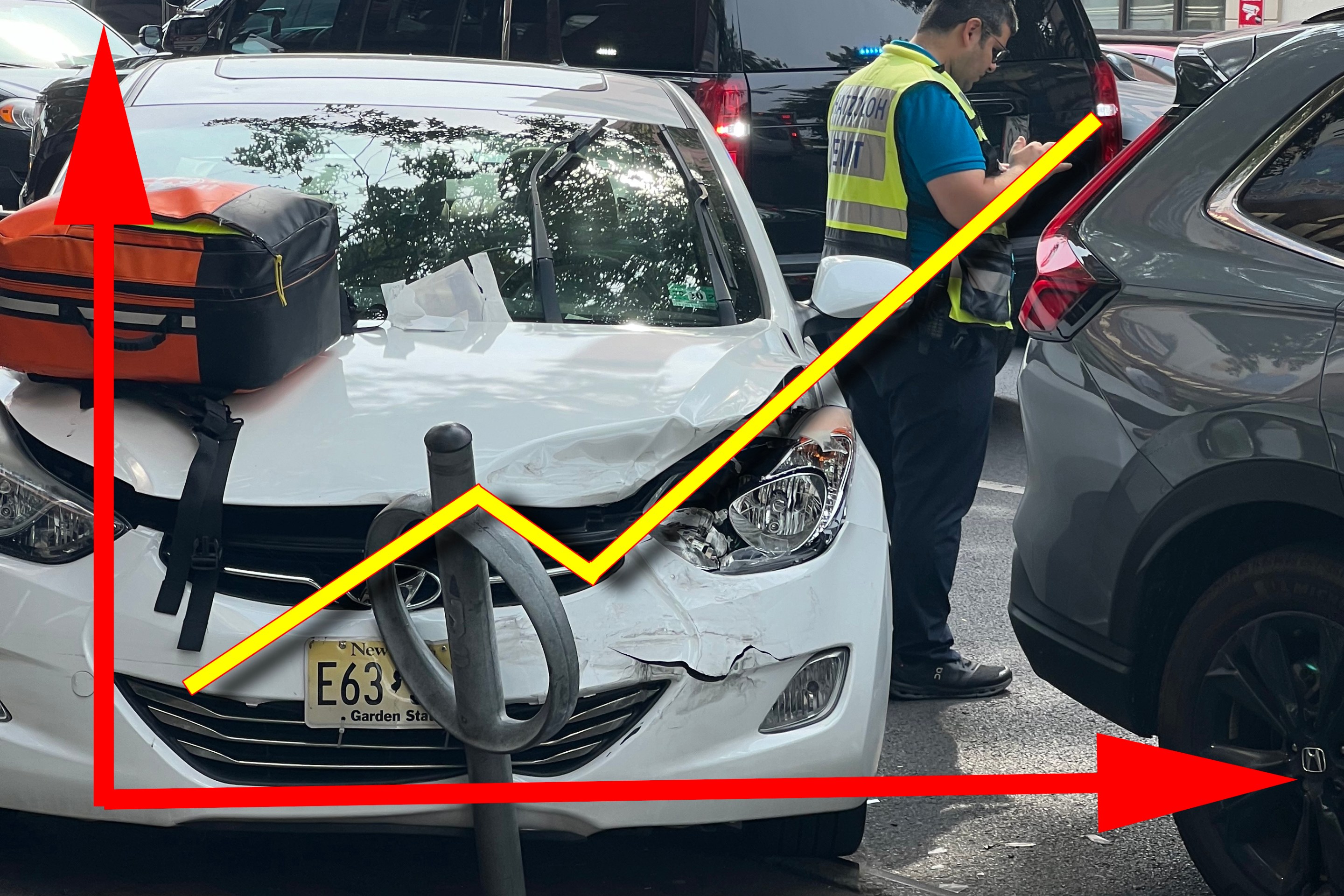The budget deal Albany reached over the weekend includes the legalization of "transportation network companies" like Uber outside of New York City, but not the transparency measures advocates had called for.
Access to TNC trip data is essential for policymakers to understand the companies' impact on the transportation system as a whole. In New York City, for instance, trip data collected by the Taxi & Limousine Commission has illuminated how traffic from Uber, Lyft, and similar companies is contributing to rising congestion.
Without similar data access in place statewide, policy makers will be left to guess at the impact of TNCs. Advocates and watchdogs have also warned that the absence of transparency measures may make oversight of ride-hailing in New York City more difficult, since drivers based outside the city could make trips in the five boroughs without being subject to NYC's disclosure requirements.
The Assembly version of the statewide "Uber bill" explicitly gave the state DMV access to this trip data upon request. But the final language in the budget bill does not include this provision [PDF, Section AAA on page 93].
TNC's will be required to maintain six years of trip records. However, in keeping with Governor Cuomo's initial proposal, the bill only grants DMV the right to visually inspect "randomly chosen" samples of that data.
Uber has argued that the law enables DMV to create rules requiring the release of trip data, a position that advocates rejected as inadequate and "irresponsible."
The bill does allow individual counties and cities with a population over 100,000 to opt out of the DMV regulation system. These governments could then require TNC's to operate under local regulations.






